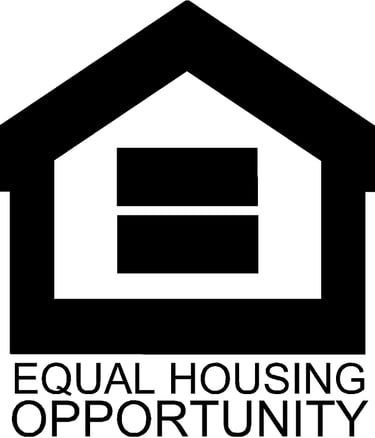40 year Mortgage Pros and Cons
40 year mortgages have been approved by the FHA, is it right for you?


The FHA (Federal Housing Administration), in an effort to make it easier for first-time home buyers to enter the market, has approved 40-year mortgages terms effective May 8th, 2023. How does that affect you? Is it a good idea? Keep reading for pros and cons of the 40 year mortgage.
A 40-year mortgage is a type of mortgage that allows borrowers to stretch out their repayments over a longer period of time compared to a standard 30-year mortgage. Here are some potential pros and cons of a 40-year mortgage compared to a 30-year mortgage:
Pros:
Lower monthly payments: Because the loan is spread over 40 years instead of 30, the monthly payments are typically lower, which may make homeownership more affordable for some people.
Increased cash flow: The lower monthly payments could potentially free up cash that could be used for other expenses or investments.
Easier qualification: A lower monthly payment may make it easier to qualify for the loan, as the debt-to-income ratio may be more favorable.
Opportunity for investment: If the borrower is able to invest the extra cash flow that comes from lower monthly payments, they may be able to build wealth faster.
Cons:
Higher interest rate: A 40-year mortgage may have a higher interest rate than a 30-year mortgage, which could result in higher overall interest costs over the life of the loan.
Longer repayment period: The borrower will be making payments for an additional 10 years, which means they will be paying more interest over the life of the loan.
Greater risk: The longer repayment period means that the borrower is exposed to more risk, such as job loss or other financial difficulties.
Negative equity: If the borrower chooses to sell the property before the 40-year mortgage is fully paid off, they may have negative equity in the property, meaning that they owe more than the property is worth.
There are also different variations of the 40 year mortgage. You might be able to get a 10 year Fixed Interest Only loan, So, for the first 10 years, the borrower pays only the interest balance on their mortgage, instead of both the principal and interest. After the 10 years are up, the loan effectively becomes a standard 30-year fixed rate loan with the same interest rate, where each payment goes toward both your interest and reducing your loan principal. Please note, in most cases your monthly payment will rise significantly after the Interest Only payment period is over. Another thing to consider is that it might be harder to refinance, unless your home appreciates in value.
Another option would be to pay towards the principal as much as, and when you can, during the Interest Only period, thus decreasing the payment during the last 30 years.
You need to check with your mortgage person if that is an option with your loan.
Ultimately, whether a 40-year mortgage is a good choice will depend on the borrower's individual circumstances and financial goals. It's important to carefully consider the pros and cons and consult with a financial professional before making a decision.



